210
5
5 minutes
Suggested Articles
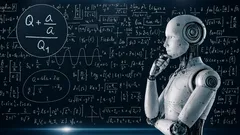
Generalist AI is revolutionizing daily life and powering a new tech era
Discover the stunning advancements and future trends in generalist AI technologies. Learn how breakthroughs in artificial intelligence are shaping everyday life, impacting industries, and redefining technology in the United States.
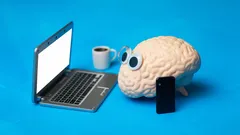
AI Is Revolutionizing Creative Careers—Here’s How Americans Are Thriving
AI & Everyday Tech

Generative AI Is Quietly Transforming Workflow Automation Across America
AI & Everyday Tech

AI Takes On Game Cheaters, Transforming Fair Play in Competitive Gaming
AI & Everyday Tech

AI Spell Checkers Are Quietly Revolutionizing How We Write Every Day
AI & Everyday Tech
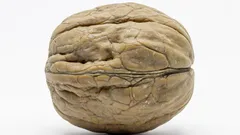
How ChatGPT is changing memory and creativity in daily life
AI & Everyday Tech

How AI is rewriting the rules of college admissions for a fairer future
AI & Everyday Tech
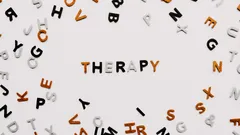
Digital health advocates face harsh truths as AI therapy chatbots falter
AI & Everyday Tech
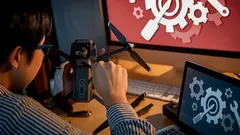
Unlock Your Productivity and Privacy With a Local AI Assistant on Your PC
AI & Everyday Tech
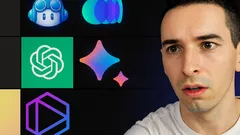
AI coding assistants like Copilot and ChatGPT are transforming developer workflows
AI & Everyday Tech

Playing video games together strengthens relationships and sparks real connection
AI & Everyday Tech

US crypto pioneers transform bold risk into life-changing fortunes
AI & Everyday Tech

Tech leaders embrace waste-to-carbon solutions as Microsoft bets big on green AI
AI & Everyday Tech

Travelers and campers embrace portable backpack laundry tech for freedom and clean clothes anywhere
Gadgets & Reviews

Sleep experts champion a smart anti-snoring belt for restful nights and healthier mornings
Gadgets & Reviews

Drivers use Google Maps and Waze to avoid fines but risk safety trade-offs
AI & Everyday Tech

App lovers seize this week’s best free premium downloads before time runs out
Smartphones & Apps
 W3 CodeCraft
W3 CodeCraft

Comments